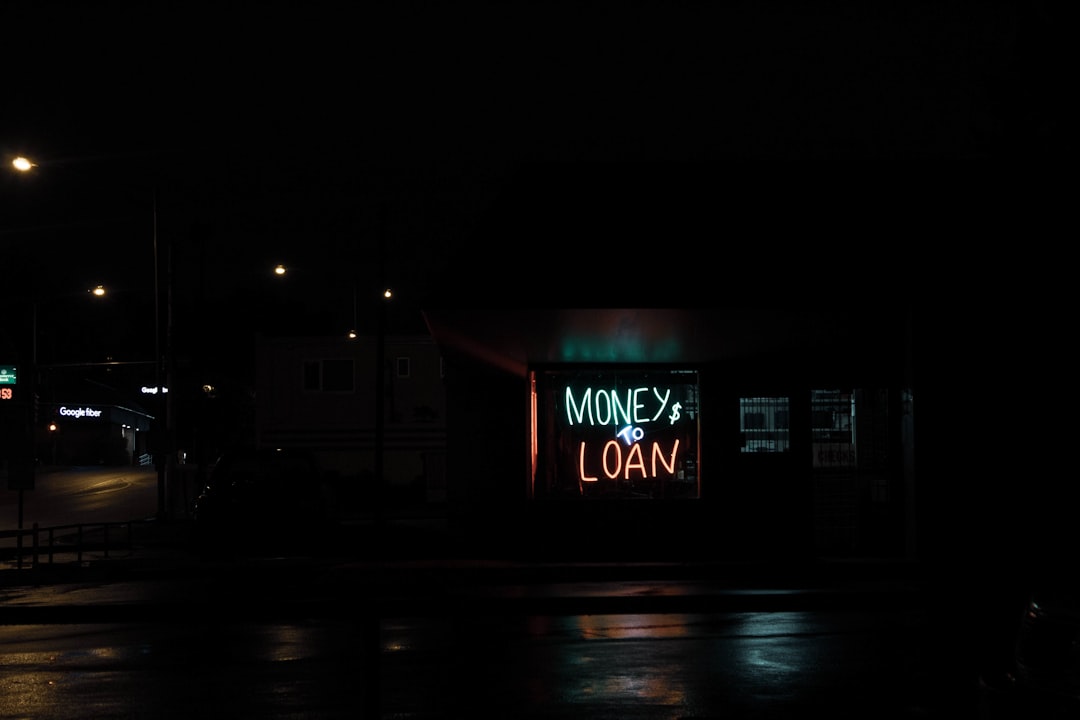Struggling with multiple high-interest debts? A Debt Consolidation Mortgage could be a game-changer. This article explores how individuals with bad credit histories can navigate towards financial stability through unsecured consolidation loans. We’ll guide you through understanding these loans, meeting eligibility criteria, and weighing the benefits against potential drawbacks. By the end, you’ll be equipped to make an informed decision about improving your credit score and consolidating your debts.
- Understanding Unsecured Consolidation Loans for Bad Credit
- Eligibility Criteria and Requirements
- Benefits and Potential Drawbacks of Debt Consolidation Mortgages for Credit Improvement
Understanding Unsecured Consolidation Loans for Bad Credit

Unsecured consolidation loans are a popular option for individuals with bad credit looking to manage multiple debts. Unlike traditional mortgages that require collateral, these loans don’t rely on assets as security. Instead, they offer a straightforward solution by combining several high-interest debts into one single loan with a potentially lower interest rate and more manageable repayment terms. This strategy not only simplifies billing but can also save you money in the long run.
For individuals with a history of missed payments or high debt-to-income ratios, securing approval for Debt Consolidation Mortgages might seem challenging. However, many lenders now offer these loans to help credit-impaired borrowers gain financial control. By consolidating debts, you can potentially improve your credit score over time by making on-time payments and reducing the overall debt burden.
Eligibility Criteria and Requirements

When considering debt consolidation mortgages for bad credit, understanding the eligibility criteria is essential. Lenders will assess your financial health and ability to repay the loan based on several factors, including your income, existing debts, and credit history. A poor credit score does not necessarily exclude you from securing a debt consolidation mortgage; however, lenders may require a co-signer with good credit or ask for additional security to mitigate risk.
The primary eligibility requirements for debt consolidation mortgages often involve demonstrating a stable source of income to cover the loan repayments and providing proof of identity and residence. Lenders will also review your credit reports to assess your overall financial standing. While there are no strict age limitations, maintaining a consistent repayment history is crucial, regardless of your age. Additionally, some lenders may offer specialized programs tailored for individuals with bad credit, so exploring these options can be beneficial in securing the best terms for your debt consolidation loan.
Benefits and Potential Drawbacks of Debt Consolidation Mortgages for Credit Improvement

Debt Consolidation Mortgages can offer significant benefits for individuals looking to improve their credit history, especially when traditional loan options are limited due to poor credit scores. By bundling multiple high-interest debts into a single loan with a potentially lower interest rate, these mortgages provide relief from the burden of numerous payments and can simplify financial management. This strategy allows borrowers to focus on making consistent payments towards one debt, which positively impacts their credit score over time. Additionally, some consolidation loans may offer features like counseling services or financial education programs, empowering individuals to gain control of their finances and make informed decisions in the future.
However, potential drawbacks exist that prospective borrowers should consider. Debt Consolidation Mortgages typically require significant equity in a property, which can be a challenge for those with limited assets or high debt-to-equity ratios. Moreover, if interest rates rise during the repayment period, the overall cost of the loan could increase substantially, making it more expensive than initially anticipated. Furthermore, these loans are secured against a borrower’s property, posing a risk of foreclosure if repayments are missed or defaulted upon. Therefore, individuals considering this option must carefully evaluate their financial situation and capacity to manage the new debt obligations.
Unsecured consolidation loans, specifically designed for those with bad credit histories, offer a potential pathway to financial improvement. By consolidating multiple high-interest debts into a single loan with a potentially lower interest rate, individuals can simplify their repayment process and save money over time. However, it’s crucial to understand the eligibility criteria and weigh the benefits against potential drawbacks before proceeding. Debt consolidation mortgages can be a game-changer for managing debt, but they’re not suitable for everyone. Thoroughly assessing your financial situation and exploring all options is essential before making a decision that could significantly impact your future.
